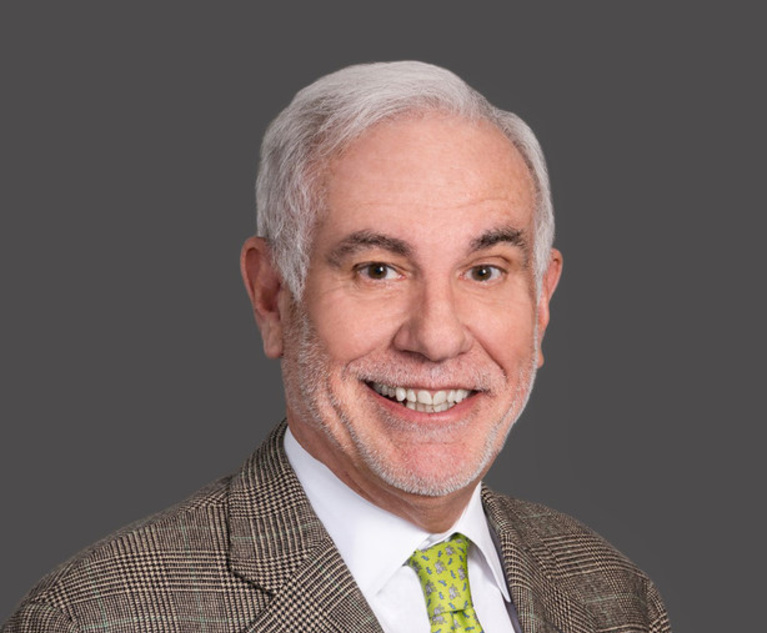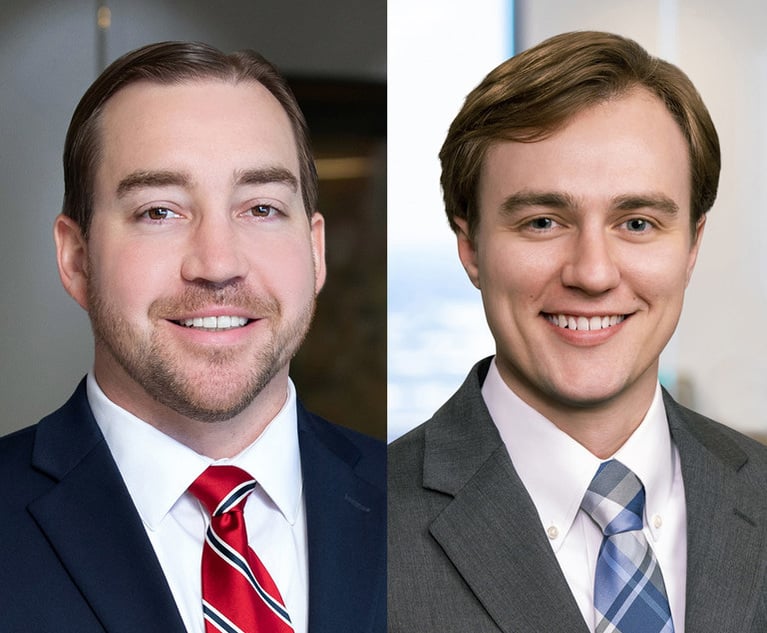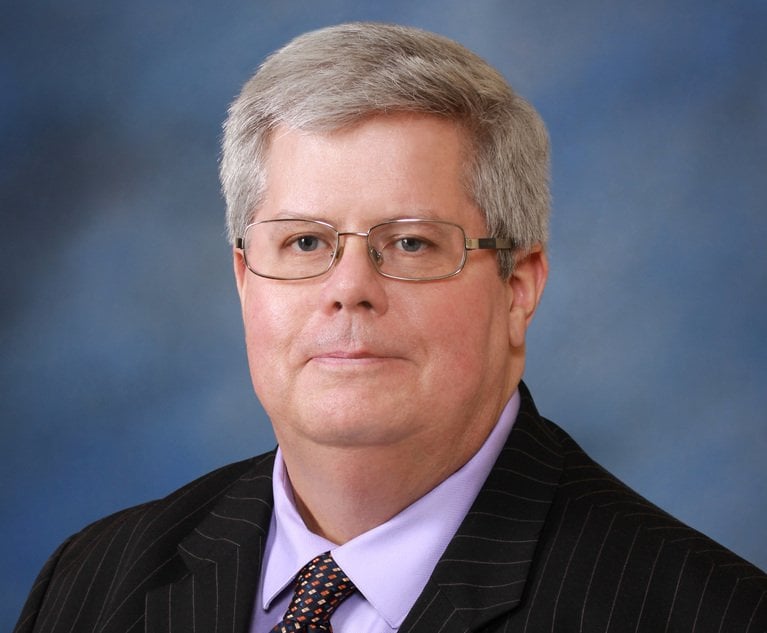A good part of the lawyerly trade is learning how to manipulate rules and make fine distinctions—after all, law is an argumentative discipline. But what does that mean within the parameters of what we’re calling the virtuous practice of law? Brad Wendel defends what he calls “the interpretive attitude of professionalism,” by which he means that “in carrying out her client’s lawful instructions, a lawyer has an obligation to apply the law to her client’s situation with due regard to the meaning of legal norms, not merely their formal expression.” Thus, “professionalism stands in opposition to the view of many lawyers that excellence in lawyering means engaging in ‘creative and aggressive’ structuring of transactions for the benefit of clients, even though the transactions are designed to evade regulatory requirements enacted to protect investors.”
Wendel is writing in the context of massive corporate scandals like Enron, in which it was alleged that professionals—lawyers, and even more particularly, accountants—facilitated massive and ultimately ruinous frauds. As illustrative of Enron’s regulatory shenanigans a number of commentators have pointed to a colorful description by an anonymous Enron employee:


 Randy D. Gordon. Courtesy photo
Randy D. Gordon. Courtesy photo



